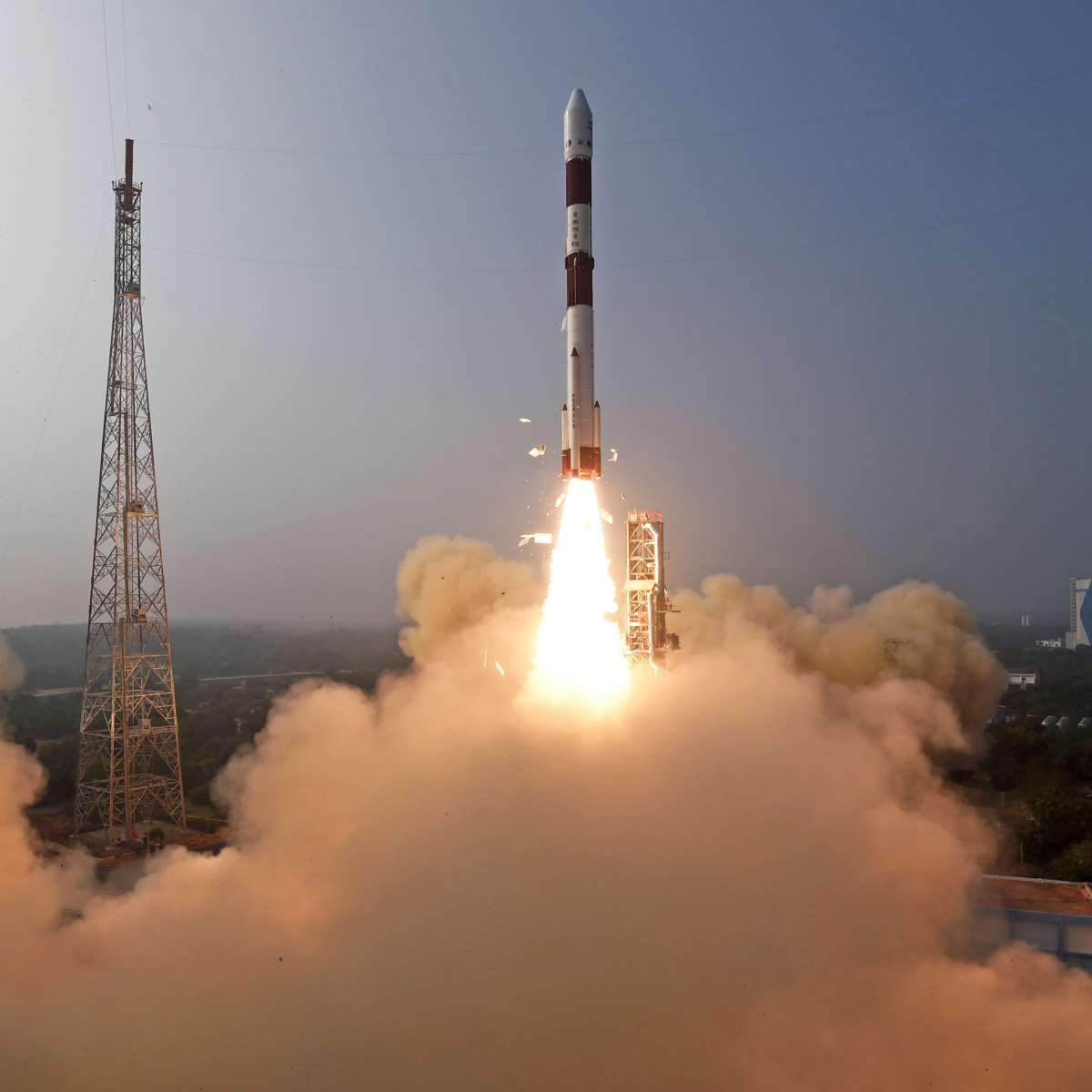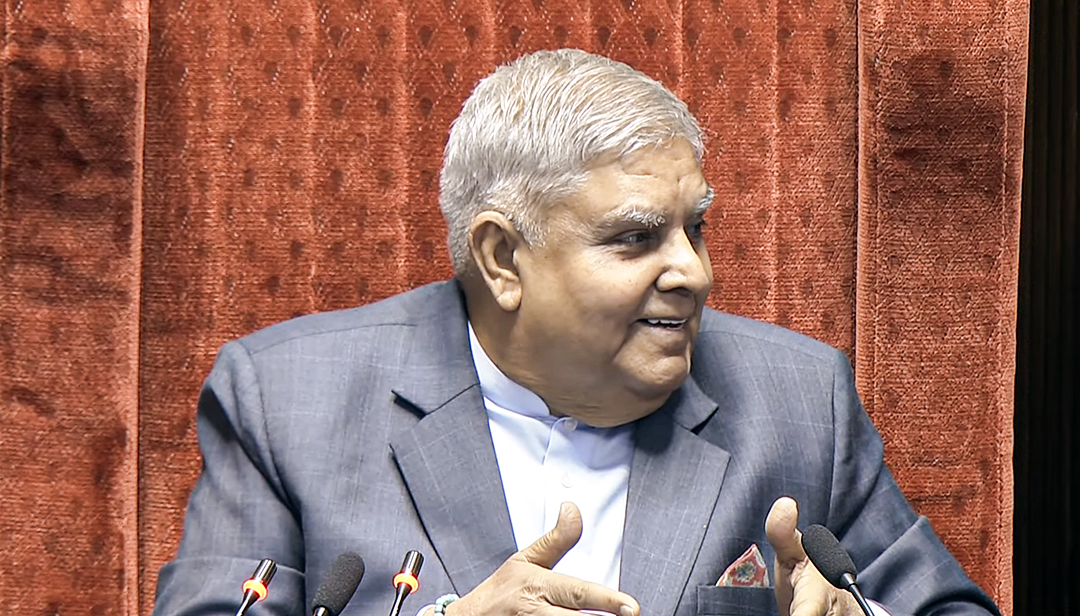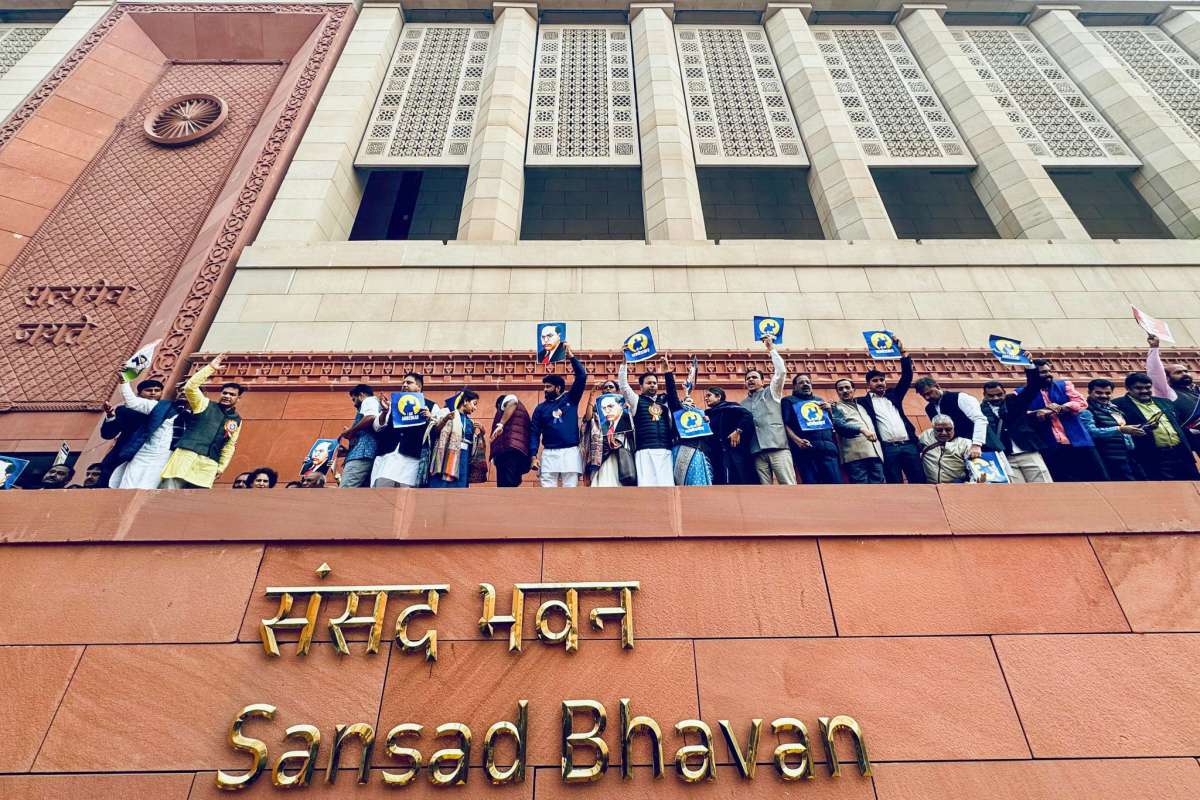The establishment of the Indian National Space Promotion and Authorization Centre (IN-SPACe) as a single-window agency exemplifies India’s commitment to streamlining processes and encouraging private investment in the space sector...reports Asian Lite News
India has taken a leap forward in international space collaboration with the signing of space cooperative agreements with 61 countries and five multilateral organizations.
This information was revealed in a detailed response to a query in the Rajya Sabha by Union Minister of State Jitendra Singh on Thursday (February 8, 2024), echoing India’s proactive engagement in global space diplomacy and research. Singh, who holds the portfolio of Minister of State (Independent Charge) for Science & Technology; Minister of State in the Prime Minister’s Office, Personnel, Public Grievances, Pensions, Atomic Energy, and Space, highlighted the broad spectrum of cooperation encompassing satellite remote sensing, satellite navigation, satellite communication, space science, planetary exploration, and capacity building initiatives.
A flight to India’s burgeoning space diplomacy is its collaboration with leading space agencies across the globe. The Indian Space Research Organisation (ISRO) is notably advancing in joint missions with international counterparts, including the NASA ISRO Synthetic Aperture Radar (NISAR) project with the United States’ NASA. This mission, currently in an advanced stage of realization, is poised to enhance earth observation capabilities through cutting-edge radar imaging. Further extending its international partnership, ISRO is working closely with France’s National Space Agency (CNES) on the TRISHNA (Thermal Infrared Imaging Satellite for High Resolution Natural Resource Assessment) mission, which is in its initial phases. This collaboration aims at pioneering high-resolution thermal infrared observations for natural resource assessment.
Additionally, ISRO and Japan’s Aerospace Exploration Agency (JAXA) have completed a feasibility study for a joint lunar polar exploration mission, marking a significant step towards collaborative exploration of the moon’s polar regions. In line with building innovation and private sector engagement in space activities, the Indian Space Policy – 2023 has been introduced. This policy framework aims to liberate the private sector, allowing it to engage in a wide range of space-related activities, from satellite development to launch services.
The establishment of the Indian National Space Promotion and Authorization Centre (IN-SPACe) as a single-window agency exemplifies India’s commitment to streamlining processes and encouraging private investment in the space sector. ISRO’s strategic international collaborations are designed to augment the capacity of India’s space program, enhance the global space science and earth observation database, expand ground station networks, and facilitate the exchange of expertise and technology. These partnerships elevate India’s status as a space-faring nation and contribute to the collective advancement of global space exploration and technology development. With these ambitious collaborations and policy initiatives, India is set to play a global role in shaping the future of international space exploration and utilization.
ALSO READ-Canada’s politics gave space to extremism, says Jaishankar











